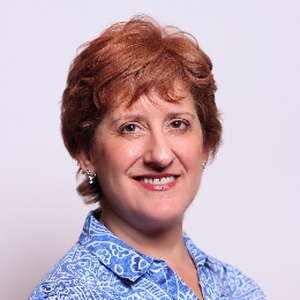
Connecting Across Boundaries: Digitalisation in Hospitals
In today’s job market, when we think of life sciences the main industries that come to mind are pharma and biotech. But the medical device market often gets overlooked, and yet it’s increasing in importance dramatically.
At Planet Pharma, we’re seeing a growing demand for the technology that helps medicine communicate, whether that’s between hospitals, physicians or patients. COVID-19
At Planet Pharma, we’re seeing a growing demand for the technology that helps medicine communicate, whether that’s between hospitals, physicians or patients. COVID-19





